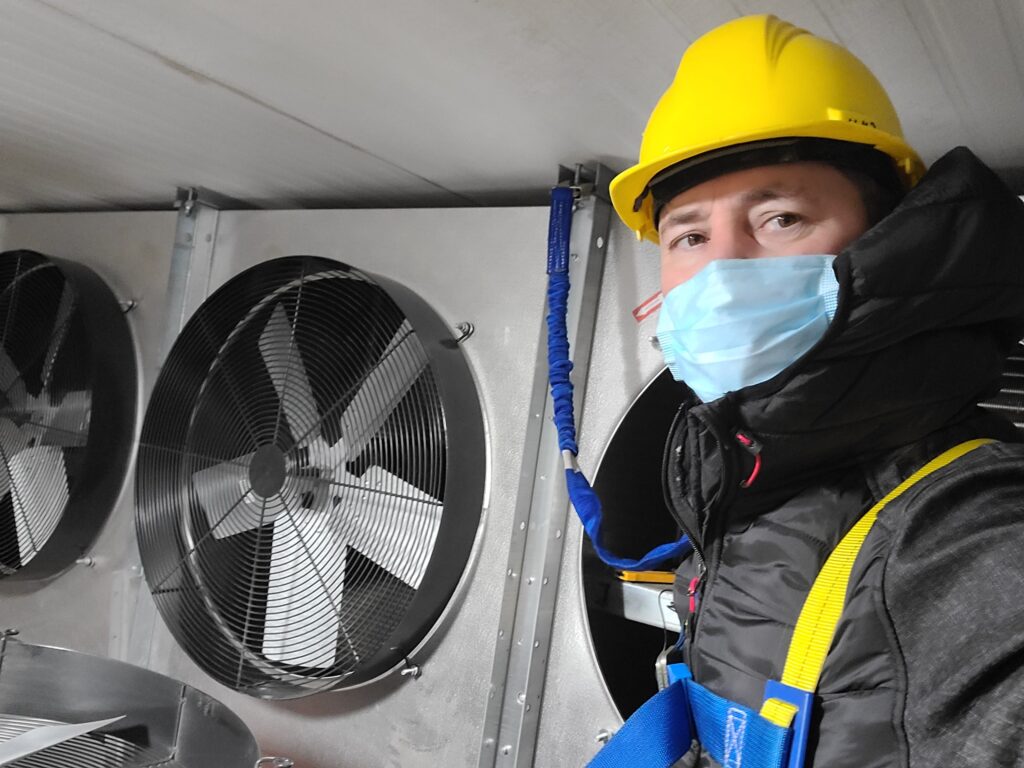
Walk-in coolers sit at the crossroads of food storage complexity and operational necessity. From supermarket walkways to restaurant storage rooms, these units manage fresh stock with precision. When temperatures drift or components falter, it takes specialized intervention—walk-in cooler repair—to restore balance.
What makes these systems sensitive? First, their size. Walk-in units rely on robust insulation, heavy-duty gaskets, and powerful fans to maintain even temperature. When gaskets warp or door frames shift, air infiltration drives frost buildup and pushes compressors over capacity. Technicians must remove seals, test hinge alignment, and even “drum out” doors to ensure airtight performance.
Second, humidity. As earthy produce degrades into mold and moisture floats through occupied aisles, evaporators can ice over. Monitoring defrost cycles, examining defrost timers, and clearing drain lines are critical in preventing “ice bridging,” which disconnects coils from airflow and freezes intelligent control systems.
Third, temperature-sensitive contents—like prepped salads, dough, or dairy—have narrow safety margins. A failure of a sensor or control board may not immediately trip alarms but triggers creeping temperature increases. That’s why commercial refrigeration services include granular diagnostics: tracking thermal cycle variances, calibrating sensors, and verifying digital logging.
Beyond components, commercial refrigeration repair encompasses system-wide evaluation. Fan motor wear, condenser coil dirt, or insufficient refrigerant charge all contribute to inefficiency. A thorough service includes measuring superheat and subcooling, torque‑tightening electrical components, and calibrating programmable logic controllers.
Key to this process is having a viable refrigeration parts supply nearby. From blower belts to expansion valves, repair quality relies on having the right gear on the truck. Many repair experts maintain partnerships with refrigeration equipment suppliers in Mississauga, accessing fast‑ship parts or creating vehicle-based inventories to expedite turnaround.
And don’t underestimate the importance of refrigeration tools in Mississauga or other hub cities. Leakage tests, pressure differentials, and infrared assessments require certified instruments. A technician equipped with the latest digital manifold gauges, thermal cameras, and clamp meters can diagnose faults precisely and shave hours off repair time.
Clients also seek preventative steps—hygiene control, coil cleanings, gasket replacements, and defrost optimization—to delay breakdown cycles. A trainer‑technician can coach on best-practice practices: loading guidelines, gasket checks, or humidity control—turning operators into partners in cooler longevity.
Ultimately, every repair extends more than just short-term cooling—it preserves food quality, avoids product health hazards, and avoids fines for regulatory violations. In high-stakes environments, trust in quality walk‑in cooler repair services—backed by skilled technicians, local tools, and accessible parts—is non-negotiable.




